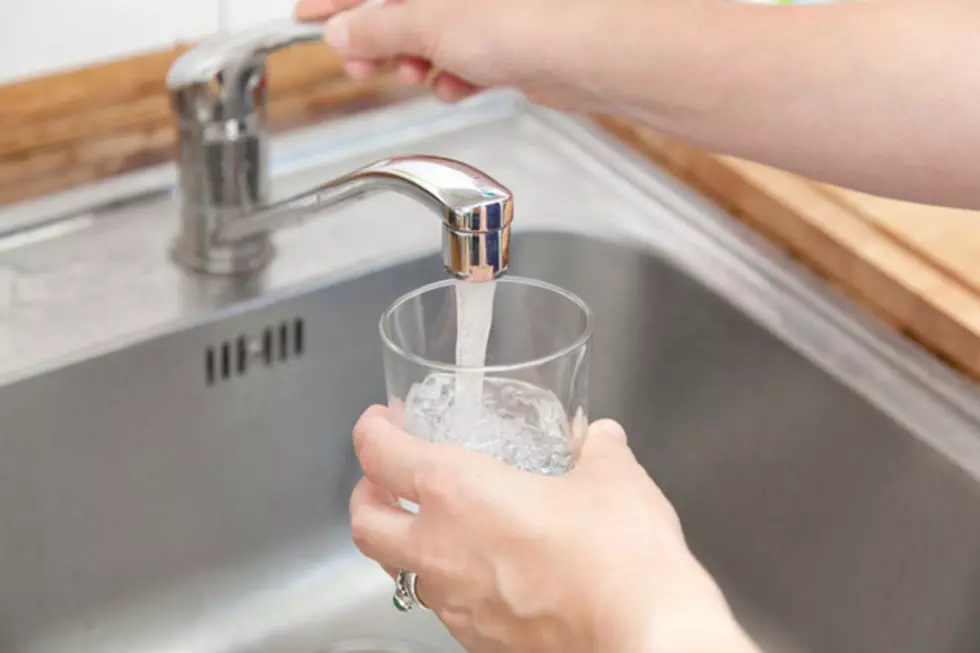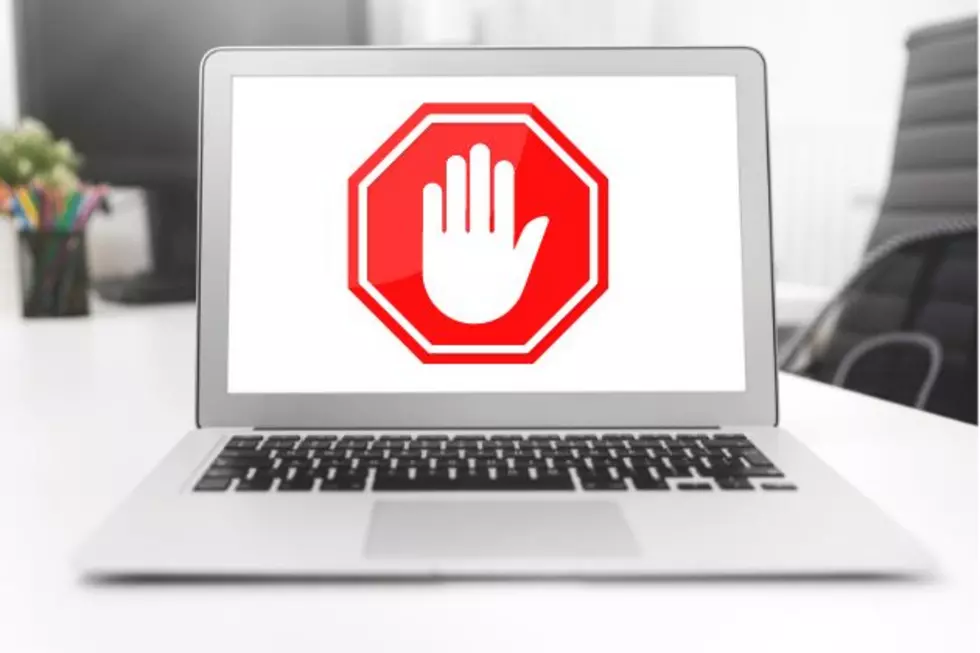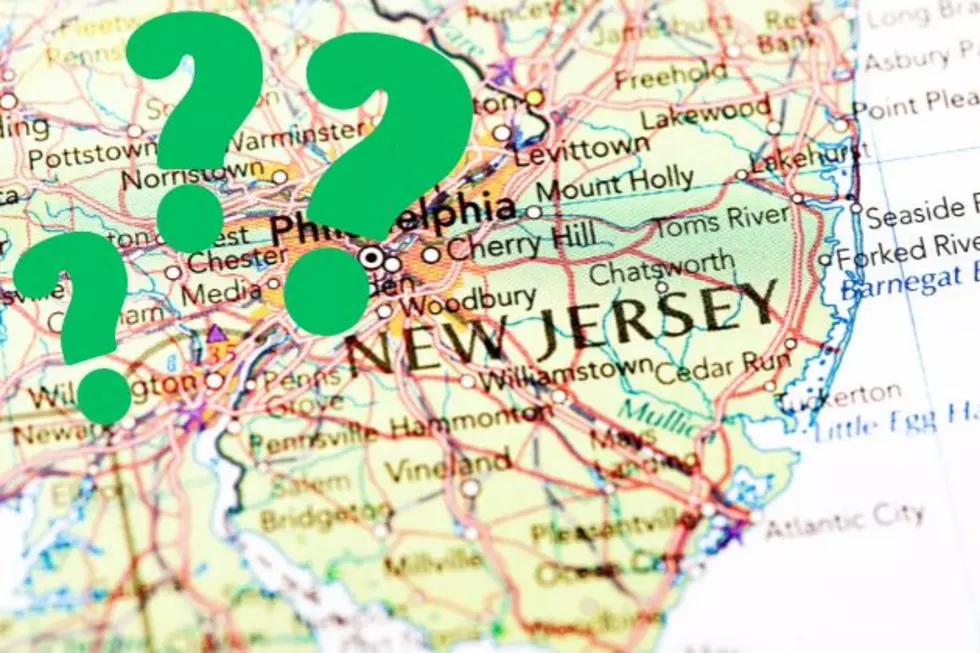
Dangerous contamination is pervasive in NJ drinking water, study says
A new analysis finds dangerous and sometimes potentially toxic chemicals have been detected in drinking water supplies across the Garden State.
David Andrews, a senior scientist the Environmental Working Group, said a review of state and federal data was conducted “and we found that over 500 water systems have these ‘forever chemicals,’ often referred to as PFAS chemicals. These are really the Teflon and Scotch Guard chemical contaminants.”
PFAS are called forever chemicals because they never break down once released in the environment.
PFAS chemicals have been detected in “a total of 517 New Jersey locations that includes 221 community water systems serving more than 3.6 million people, and 296 systems serving single sites without permanent residents.”
He said the fluorinated chemicals known as PFAS are very concerning because they can harm health “at levels in drinking water down to a single part per trillion.”
He said incredibly low concentrations of these chemicals “can reduce the effectiveness of vaccines, impact cholesterol levels and actually higher exposure levels have been associated with a number of different types of cancer also.”
The analysis says very low doses of PFAS chemicals in drinking water have also been linked to reproductive and immune system harm, liver and thyroid disease, as well as other health issues.
Andrews said this pollution has taken place over decades by chemical and other types of companies and New Jersey has been “in many ways near the forefront in terms of states taking action to both understand the extent of the contamination as well as hold polluters accountable for this contamination.”
The analysis points out “470 new detections reported as of August by the New Jersey Department of Environmental Protection brings the total number of PFAS-contaminated water systems and sources in the state to 517 – more than 11 times as many as the 47 locations in EWG’s previous count.”
He said the Environmental Working Group supports the DEP’s efforts “to really understand the extent of contamination, and they’ve been leading the way in terms of setting as well as proposing standards for these PFAS chemicals.”
The analysis also notes PFAS contamination has now been reported in 1,361 locations in 49 different states.
So what can be done to stop people from ingesting these dangerous chemicals?
“The way to reduce it is standard drinking water filters. They can be done at the community level, the community water system, that’s typically done with a carbon-based filter.”
He said in-home filters are somewhat effective, but a reverse osmosis system is best.
He said no matter where you live in New Jersey, you can check your drinking water results online.
“We have them on our website, you can check if your water system tested and detected these contaminants," he said.
Andrews said the federal government has not set any new drinking water standards in decades “and is really lagging in terms of protecting Americans from this contamination.”
The Jersey DEP was contacted for comment, but had not yet provided a response.
You can contact reporter David Matthau at David.Matthau@townsquaremedia.com
More From New Jersey 101.5 FM









